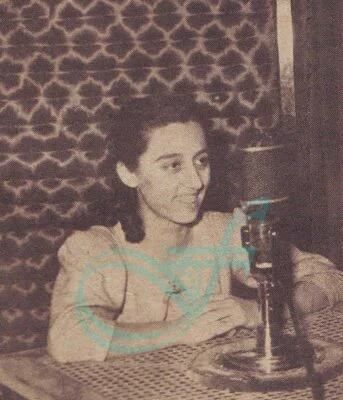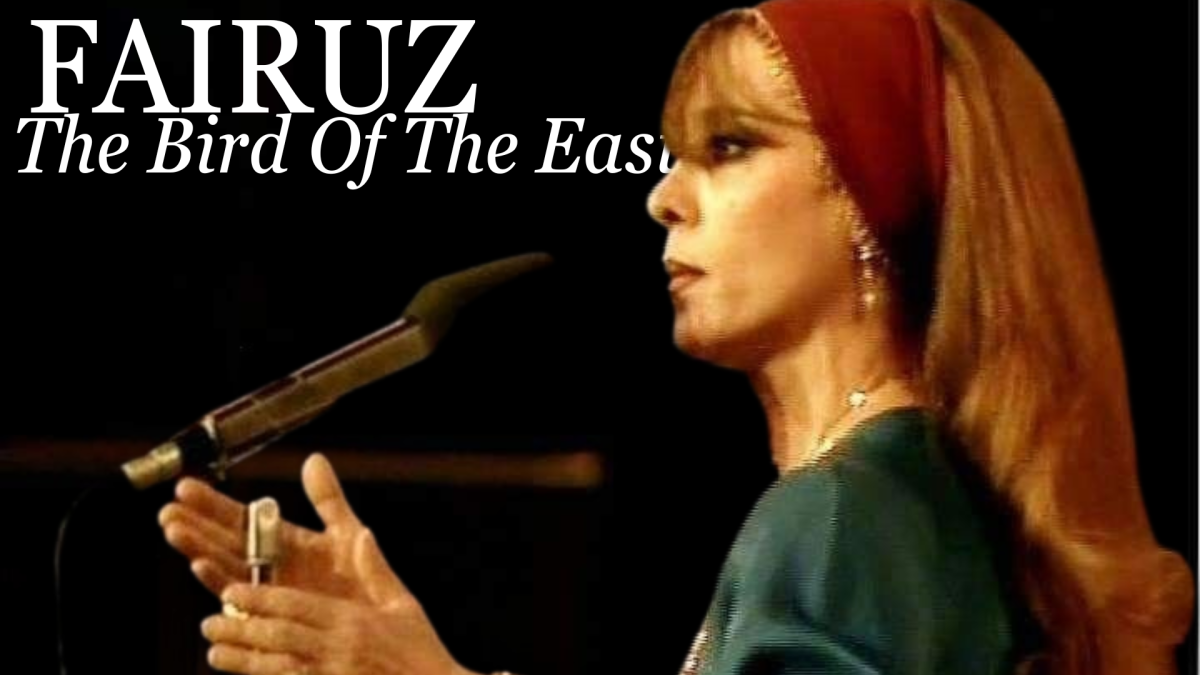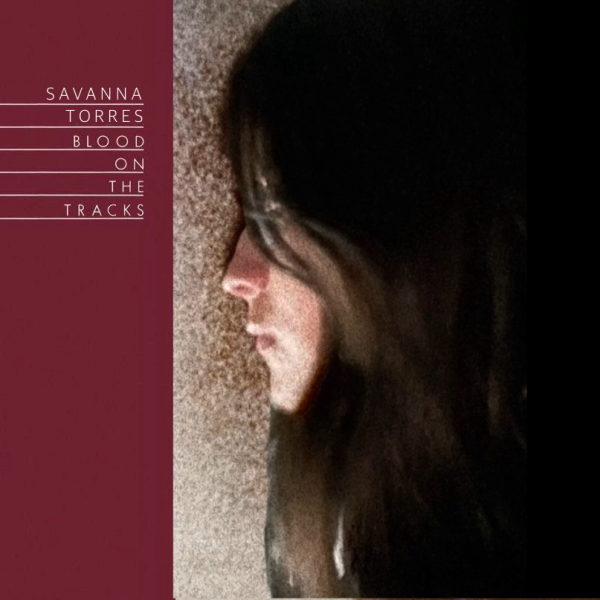Since the first time it was heard, music has long been understood to be the universal language, being capable of not only transcending barriers of tongue, countries, and violence, but also being able to unite entire people together during times of joy and hardship. In the Arab world, Lebanon’s Fairuz continues to be the physical personification of music’s might, not only as the national symbol of her country, but also as the accepted “voice” of the Middle East.
Fairuz was born in 1935 to Maronite Christian parents in Beirut, Lebanon, and was given the name Nouhad Hadid. Since childhood, she had shown incredible talent when it came to singing and performed for family, friends, and neighbors. In 1947, Hadid began her professional debut as a teenager, and joined the Radio Lebanon choir after being recruited to join a music observatory. It was there that her supervisor, Halim El Rumi, inspired by her voice sounding like “a rare and precious gemstone“, gave her the stage name Fairuz (meaning turquoise in Arabic).

Though her initial dreams were to become a teacher, that path changed when she met the songwriters Assi and Mansour Rahbani, professionally known as the Rahbani Brothers, in 1951. Their successful collaboration led to the release of 50 songs in three years, as well as her first hit, Itab, just a year later in 1952, making her an overnight star in both Lebanon and the wider Arab world at only 17. In 1954, Fairuz married Assi Rahbani in a Church in Beirut, attended by a large crowd of fans.
Her popularity would only increase in the years to come, performing in major cities such as Cairo, Damascus, and Algiers. She also established herself as the “First Lady of Lebanese Singing” during the 1960s by creating a new genre of music, which incorporated Western sounds in the Rahbani brothers’ compositions, alongside shorter, magical storytelling within the songs, operettas, and even plays in the Lebanese dialect. Her songs mainly focused on topics of love and longing, friendship, quiet lives, and social commentary, while also incorporating religious themes and hymns as a devout Christian. Fairuz also appeared in multiple films, such as Bint El-Hares (1968), Safar Barlek (1967), and Mais El-Reem (1975).
However, tragedy would soon strike the singer, with her country breaking out into a Civil War in 1975, due to longstanding ethno-religious tensions between the Lebanese Christians and Muslims, economic disparities, and external intervention from countries such as Syria and Israel. In response to the war, Fairuz protested by refusing to perform in Lebanon until it was once whole again, as well as recording patriotic songs such as Li Beirut (To Beirut) and Bhebbak Ya Lebnan (I Love You, Lebanon).
Fairuz used her influence to her advantage, using her music to express patriotism, peace, and unity, refusing to take sides, and made the deliberate choice to embrace Lebanon as a country home to both Christians and Muslims. Her advocacy does not stop only in her own country, as she has also been a longstanding supporter of the Palestinian resistance, singing songs such as Zahrat El Madaen (The Rose of Cities) in love and honor of Jerusalem after it had become occupied by Israel after the Six-Day War in 1967. The song remains a powerful lament for Palestinians to this day, as well as Sanarjaou Yawman (We Shall Return One Day), written for the Lebanese and Palestinian diaspora in solidarity that they will both someday return to their homelands.
Due to these actions, Fairuz has since been declared a pan-Arab icon, transcending borders, religion, and nationality, which has left the region divided. Fairuz’s place among the legends of music has been among one of, if not the most respected and influential musicians of the Arabic language, alongside the ranks of figures such as Umm Kulthum, Mohammad Wahab, and Abdel Hafez. Her music has also reached beyond the Middle East, resonating with individuals who have no connection to her language or home.
One such example is Jaiden Chen, a Freshman at ERHS, who described her as “Very talented, but not the type of song I would usually listen to. I didn’t understand the lyrics, but I can always appreciate a good melody,” After being introduced to her song, Ana Le Habiby (I Am for My Love).








